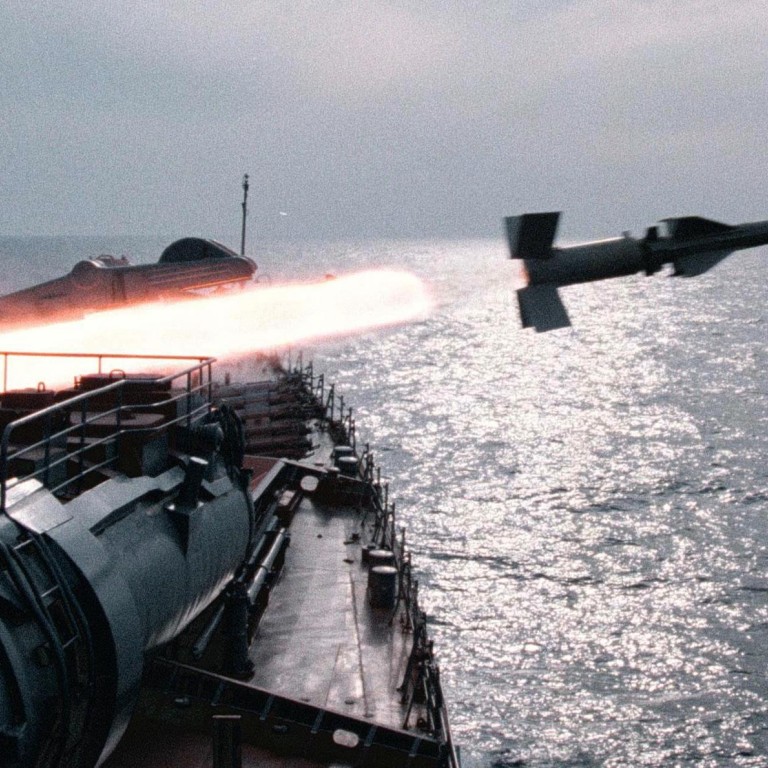
History of Nato-Russia relations
Relations between Nato and its former cold war foe Russia have been difficult and often strained since the collapse of the Soviet Union and the dissolution of its equivalent Warsaw Pact military alliance in 1991.
Relations between Nato and its former cold war foe Russia have been difficult and often strained since the collapse of the Soviet Union and the dissolution of its equivalent Warsaw Pact military alliance in 1991.
Below are some key bones of contention:
Russia described as "an historic error" Nato's eastern enlargement, but effectively gave a reluctant green light when on May 27, 1997, it signed the Founding Act, a treaty with Nato countries recognising post-cold war borders. On March 12, 1999 Nato admitted three former Warsaw Pact countries - the Czech Republic, Hungary and Poland. Moscow then warned Nato against admitting a former Soviet republic. Nevertheless, on March 29, 2004, Nato opened its doors to the three Baltic former Soviet republics of Estonia, Latvia and Lithuania.
In 1998, Moscow, the traditional ally of Serbia, threatened "a return of the cold war" if Nato forced the Serbs to withdraw from the mainly ethnic-Albanian province of Kosovo. On March 26, 1999, two days after Nato's first air strikes, Russia froze military cooperation. Tensions resurfaced on Kosovo's February 17, 2008, declaration of independence, with Moscow denouncing a "precedent" encouraged by the West to change international borders unilaterally.
On August 19, 2008 after the brief war between Russia and Georgia, Nato called on Russia to withdraw its forces from the former Soviet republic. It froze relations until the following June, suspending the Nato-Russia Council created in 2002. Moscow then suspended its military cooperation with Nato.
In late April, 2009, Nato expelled two Russian diplomats in retaliation for a spy scandal in which a former Estonian official, Hermann Simm, passed secrets to Moscow.
Moscow responded by expelling two Canadian diplomats from Nato's information office in Moscow.
Launched in 2010, plans for a European missile shield project based on US technology, will see the progressive deployment of missile interceptors and powerful radars in Poland and Romania. Russia fears the project could compromise its security and it deployed missiles in its Kaliningrad enclave in December 2013.
After Russia annexed Crimea on March 18, Nato suspended its civilian and military cooperation with Moscow, which in turn mocked the alliance's cold war "instincts". In late August, Nato said "well over a thousand" Russian troops were operating inside Ukraine.
